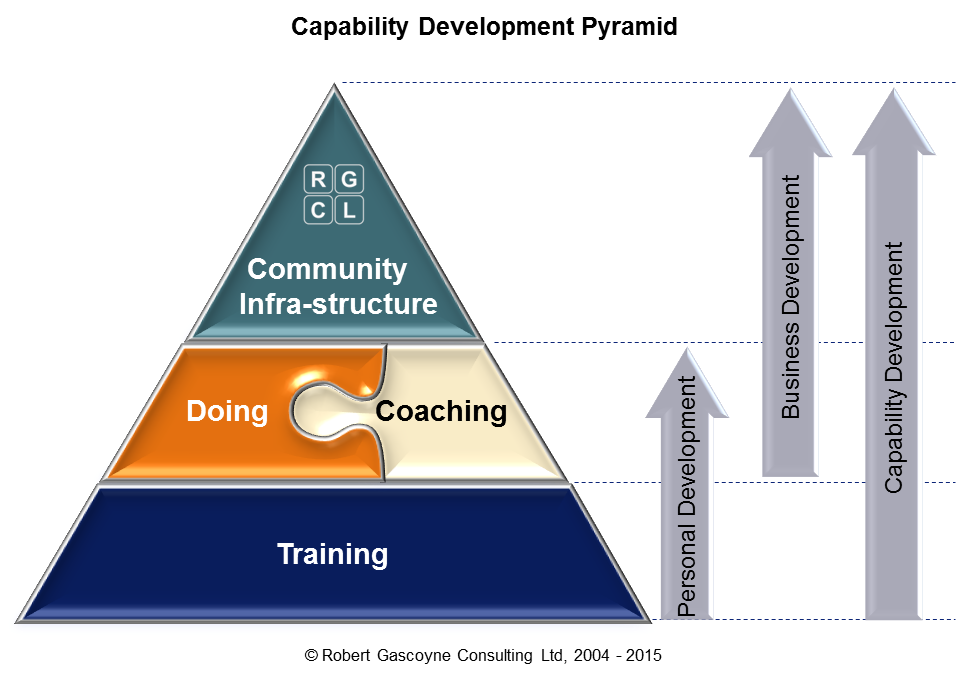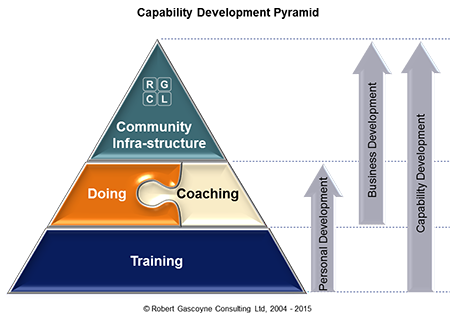
Effective management of any product, service or process development relies on the effective identification and elimination, or control, of risks associated with that design. This means that we need to work pro-actively early in our development programmes to identify what we need to do to ensure that we succeed… then we need to do it!
What is Failure Mode & Effects Analysis (FMEA)?
Failure Mode & Effects Analysis, or ‘FMEA’ is a high level tool used to pro-actively manage development risk. It is a focused, highly structured and detailed analysis of what can go wrong, the potential impact of this, the potential causes and control methods to ensure that the most important problems are prevented. This forms the basis of an action plan to move forward.
Generating good FMEAs requires a substantial investment in time. However, the alternative is to fix the problems after they've occurred… logically, this must be less efficient than doing it ‘right first time’, so investment in FMEA is essential for the efficient development of high quality products, services and processes
FMEA is a versatile tool and many different types have been developed. We generally focus on the three main types:
- System (Concept) FMEAs are performed during the early phases of the design, to ensure that the high-level system elements, or ‘modules’, perform the required functions to deliver the design intent of the concept system. The resultant validation plan focuses activity to validate the concept and provides direction for the detailed development phases.
- Sadly, system FMEAs are the least frequently used of the three main types of FMEA. This is an enormous missed opportunity, as mistakes made at the concept / system design stage can have a massive negative impact. It is both easier and less costly to rectify any mistakes at this early stage of the design process
- Design FMEAs are performed to ensure that the detailed design performs the functions necessary to support the higher level system. The resultant Design Validation Plan (DVP) identifies and prioritises design risks and their mitigating actions. This is used to drive the design activity.
- Process FMEAs are the most frequently performed of all FMEAs. They are an extremely powerful method of ensuring that the processes are capable of delivering the functions of the design adequately and ensure that the correct controls are put into place to continue to deliver the product or service functions with minimal risk.
Why we get results
it is clear that we should have done this from the start…
…for all our new products
- We have enormous experience training, coaching, facilitating and implementing System, Design and Process FMEAs for products, services and processes
- We’re practical and pragmatic - our focus is always on getting results (we’re practitioners - not just trainers!)
- We tailor our services and approach to meet your needs
- Please contact us to discuss your requirements
Capability Development
The level of capability development is an important factor in Strategic and ‘Total Immersion’ deployments


- Training provides knowledge, but real understanding is only developed by doing
- We offer a range of coaching services, to guide capability development and ensure that results are achieved
- Beyond having people that can do, you’ll need your own, sustainable, support structure to ensure the continued growth and success of your capability - we’ll help you create, or develop, your infra-structure to achieve this
Please contact us to discuss your requirements
Next Steps
We'd be glad to provide more details, or discuss your requirements with you. Please contact us